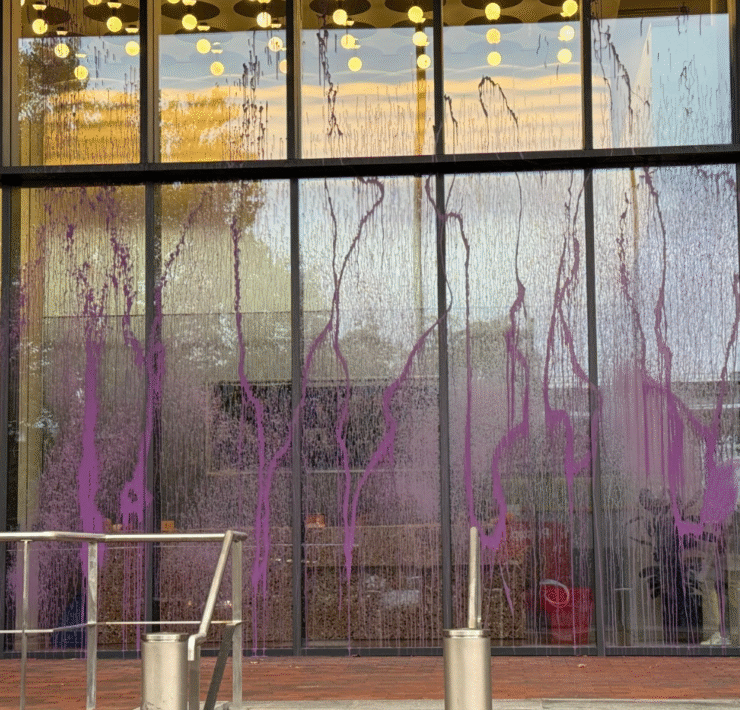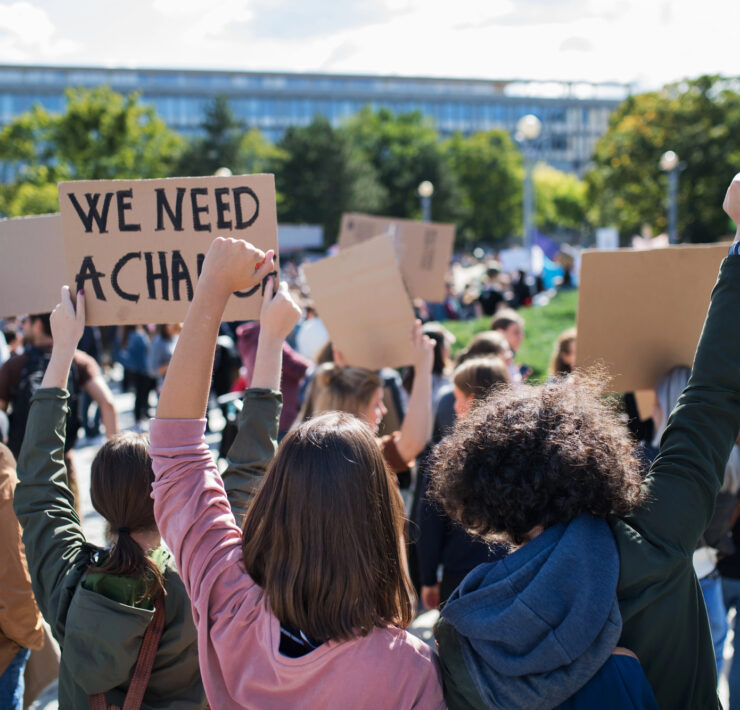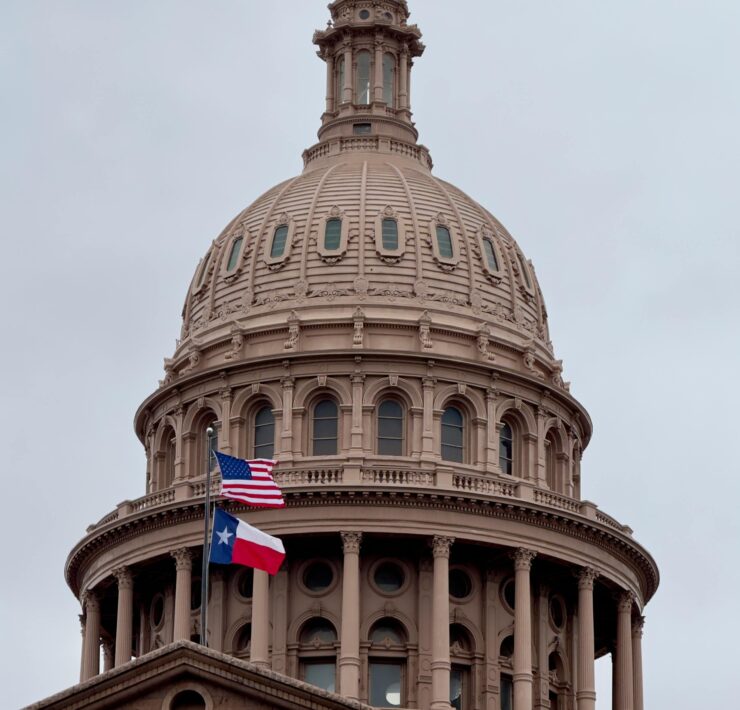[Opinion] On the Potency of Protesting

Pieter Tolsma
I think it’s safe to say that Americans put marches and public demonstrations on a pedestal. The ability and desire to abandon one’s daily routine and take on some level of risk takes nerve and determination. It’s much easier to simply go online and complain on Facebook or better yet, write a bunch of comments on someone else’s blog. When we speak with our feet and assemble, we are saying more than our small voices could do alone. The mention of a protest and a march that we were not expecting tingles the ears and piques the interest. In its own way, it’s freedom of speech and assembly at their finest.
In light of the protests and riots in Ferguson and New York, I was driven to research the queer history of public displays of protest. The natural place to go was the birth of the modern public movement for our community, Stonewall. Anger at abuse by the police and the legal and political system fueled riots that lasted for several days. The oppressed minority took to the streets in violence and outrage, and although the moment began with violence, the LGBT efforts did not end there. The real difference wasn’t created by lighting cars on fire or coming to blows with police. In the weeks following, the community banded together and mobilized. We started writing, pampleting, and assembling. These organized non-violent efforts are where the change took root.
The protests and marches for government action and AIDS relief are a great example of the oppressed fighting to be heard and have their needs met. The Reagan administration and the world at large were doing essentially nothing to treat this illness and help a population that was marginalized. There was so much anger at the abuse of society and the government as the body count rose with little to no help coming from outside the community. This group organized, found its voice, and pushed for change and eventually succeeded, but not before many of them perished.
Currently there is no shortage of violence and protests across the country. Communities are angry and up in arms and expressing their frustrations in many ways, some legal and some not. As in the case of the Stonewall Riots, violence may spring from frustration, but that doesn’t make it right or effective. If the queers at Stonewall had continued with violence as the only voice for their understandable anger, they would have never progressed to the point of relative acceptance today. Permanent change can only come when society has embraced your point. Shows of violence will only prolong the struggle by isolating the aggressor. Anger may be justified, but responding with violence is a short term response and only antagonizes an already tense situation. How better to educate society on the inherent wrongness of harming others than through putting aside violence ourselves?
What's Your Reaction?
Founded in 1976, Out Front is the largest LGBTQ news organization in the Rocky Mountains. "Like" Out Front on Facebook: facebook.com/outfrontcolorado, and follow us on Twitter: @outfrontco.










